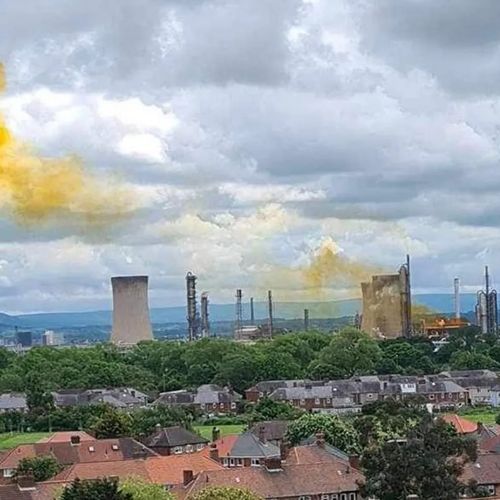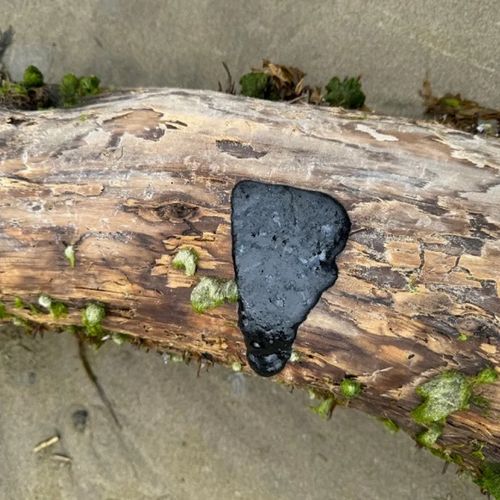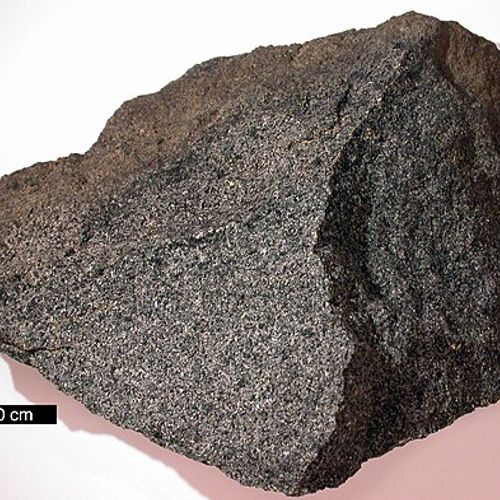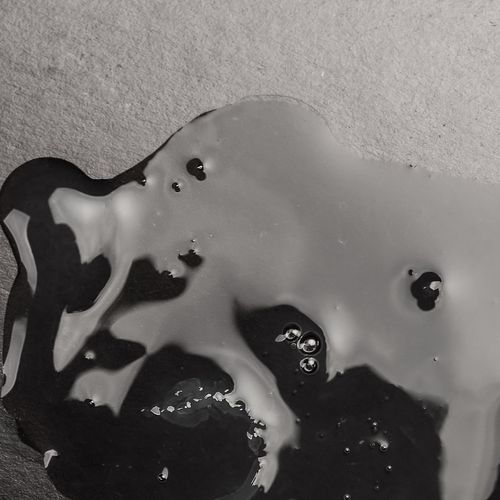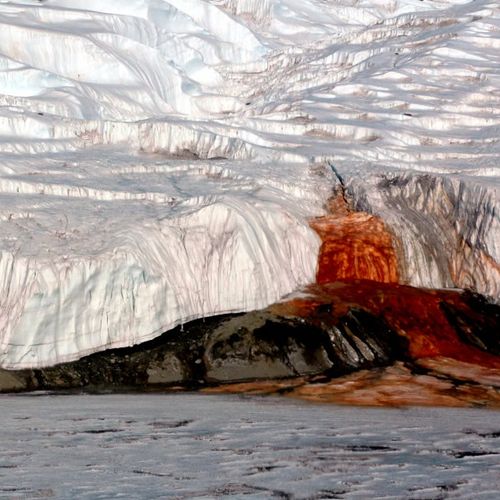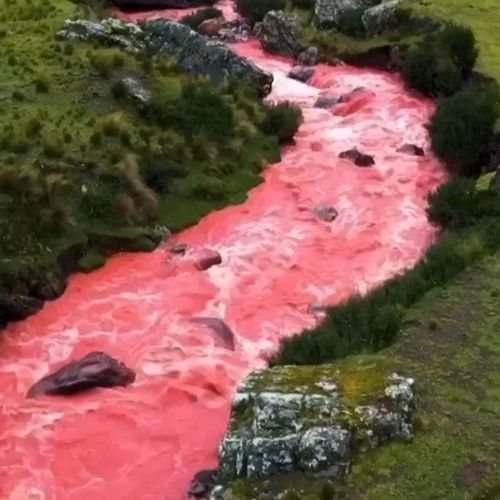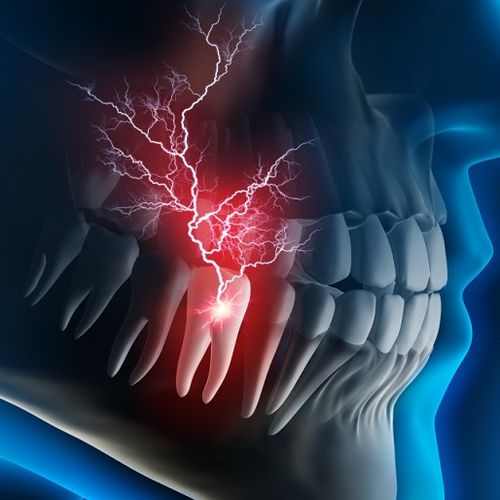
| Added | Fri, 17/03/2023 |
| Источники | |
| Дата публикации | Fri, 17/03/2023
|
| Версии |
In the USA in the 1800s, several patients turned to their dentists with an unusual complaint: their teeth exploded in their mouths.
In 1817, a reverend from Mercer County (Pennsylvania) began experiencing the worst toothache of his life, which "drove him crazy."
"During his torment, he ran back and forth in a vain attempt to get at least some respite. Sometimes he would bang his head on the ground like an angry animal, then shove it under the corner of the fence, then go back to the spring and immerse his head in cold water. This alarmed his family so much that they brought him to the cabin and did everything in their power to calm him down," dentist W. H. Atkinson wrote in a report in Dental Cosmos in 1860.
"But everything turned out to be useless, until at nine o'clock the next morning, when he was walking around the room in a wild delirium, suddenly a sharp crack, like a pistol shot, tore his tooth to pieces, brought him instant relief. At that moment, he turned to his wife and said, "My pain is gone." He went to bed and slept soundly all that day and most of the following night, after which he was sane and healthy."
The dentist described two other cases, one in 1830 and the other in 1855. Like the Reverend, they had increasing pain, followed by a sudden sharp pain, an exploding tooth, and instant relief. It is noted that in one case, the tooth "crumbled into pieces."
These were not isolated messages from one dentist who accidentally kept his filling material too close to a can of napalm. Several other reports from other dentists suggest that the phenomenon, although strange, was real.
"Just before the explosion occurred, the tooth hurt terribly, disturbing the harmonious equanimity of every part of her body to such an extent that she sometimes had small deviations in consciousness," wrote dentist J. Phelps Hibler about a patient in 1874.
"Suddenly, with no symptoms other than the previous severe pain, the tooth, the right lower first molar, burst with a concussion and a message that nearly knocked her off her feet. Splitting of the tooth directly from the lingual to the buccal surface and very severe destruction of the organ otherwise. At the same time, the moment when she had a terrible sensation passing through the Eustachian tubes, which led to her becoming deaf for a considerable time. All this did not take a minute, and the tooth immediately stopped hurting."
So, what's going on? Were people's teeth just more unstable at that time? Since the cases stopped around the 1920s. Nevertheless, dentists have been putting forward hypotheses for many years. One of the early theories was that the gas accumulated inside the decaying tooth before it caused it to explode. Although the accumulation of gas in the teeth can occur, for example, through an incomplete root canal, this will not cause enough pressure for people's teeth to explode in the mouth as described.
A more likely explanation than the accumulation of natural gas due to tooth decay has been proposed by Andrea Sella, professor of inorganic chemistry at University College London. According to Sella, the phenomenon of "exploding teeth" could be caused by outdated chemicals used to make fillings. In the 1800s, various metals were used to fill the cavities, from unwanted tin to even more unwanted lead. If two different metals were used in the same mouth, it could essentially turn their mouth into a battery.
"Because of the mixture of metals that you have in your mouth, spontaneous electrolysis can occur," Sella told the BBC in 2016. "My favorite explanation is that if the filling was done poorly, so that part of the cavity remained, it would mean the possibility of hydrogen accumulation inside the tooth."
Then the tooth can either explode due to pressure, or ignite, say, when smoking a cigarette. Unfortunately, we still don't know the exact explanation, as there is no evidence that these patients had fillings. This seems to be related to an old dental practice, and we don't have to worry about our teeth becoming time bombs.
Новости со схожими версиями
Log in or register to post comments

